The Need For Upskilling
Upskilling and reskilling are key components of the modern human resource strategy. The need for skilling permeates across industries and is pivotal to individuals and employers alike. The unprecedented demand for upskilling is rising due to the global war for talent and digital transformation necessary to compete in today’s marketplace.
The need for digital transformation brought about by a technological evolution has created new possibilities which a highly skilled and modernized workforce can only realize. Upskilling is a required component of change management that requires forming a mindset that enables employees to adapt quickly to new challenges of the modern digital workplace. Organizations must develop relevant skills, competencies, and capabilities to survive.
The Skills Gap Problem
Businesses often face a wide gap between vacant positions requiring new skills and competent candidates to fill them, commonly referred to as the skills gap. Resolving the skills gap has been one of the significant challenges HR executives have been facing. The 2016 joint report by World Economic Forum and Boston Consulting Group concluded that “managing skills in the digital age requires organizations to harness technology that enables them to leverage a data-driven approach to lifelong learning and smart upskilling.”
The 2017 report by Capgemini and LinkedIn revealed that “over half (54%) of the organizations surveyed said that the digital talent gap is hampering their digital transformation programs and that their organization has lost competitive advantage because of a shortage of digital talent.”
Several leading companies invest heavily in upskilling and reskilling programs to close the skills gap and avoid the financial pitfalls of hiring fresh talent that will cost them several times more. It is perhaps the most significant human resource undertaking in recent years, amounting to several million dollars.
For instance, Amazon has committed over $700M to its upskilling program launched in 2019. Upskilling has thus become integral to hiring, developing, and retaining the best talent to remain competitive in a dynamic business milieu.
How LXPs Empower Upskilling
The process of upskilling and reskilling is a rather complex one. Questions organizations need to address, such as: Who needs to be upskilled and in which areas? Where is the organizational skills gap? Where should we build vs. buy talent? What skills do we need to execute our strategy?
Answering these questions requires rigorous identification and mapping of existing skillsets and core competencies to the desired skillsets and core competencies. This is where Learning Experience Platforms (LXPs) can help answer some of these questions.
Equipped with concurrent capabilities of artificial intelligence and machine learning (ML), modern LXPs can tag, categorize and recommend the right content personalized to the user and relevant to the skills to be acquired. LXPs have intelligent ML algorithms built into them, which can adapt to new content and suggest relevant content when users browse — a capability akin to online platforms like YouTube and Netflix.
LXPs are employed to close strategic skills gaps. The learner and/or manager identifies a skill gap, and the LXP offers relevant content to close the gap. The LXP facilitates closing skills gaps by synthesizing a plethora of content from sources such as an LMS, paid content partners, books, e-learning courses, instructor-led courses, certifications, and/or expert-created content to surface targeted content learners.
Modern LXPs have embedded Experience APIs (xAPIs), which facilitate tracking learning in the flow of work. These insights enable companies to understand how learning has influenced employee performance. Robust LXP analytics can offer insights into key metrics, including ROI, business outcomes, and links between learning and on-job performance. Conclusion
Upskilling will create an agile, diverse, and able workforce continuously adapting and acquiring new skills. Organizations are seeking to upskill their employees to fill the roles that are changing rapidly. Upskilling also helps retain employees, decreasing recruitment overheads, filling skill gaps, and keeping employees more satisfied and motivated.
LXPs greatly assist in the upskilling of the workforce by making learning relevant for individuals and manage training programs. With time and access to mote content and data, LXPs become more thoughtful about what careers, content, and skills people need.
Are you looking to take the skills of your workforce up a notch? Learn more about Edcast’s LXP. Talk to us. Click here.



